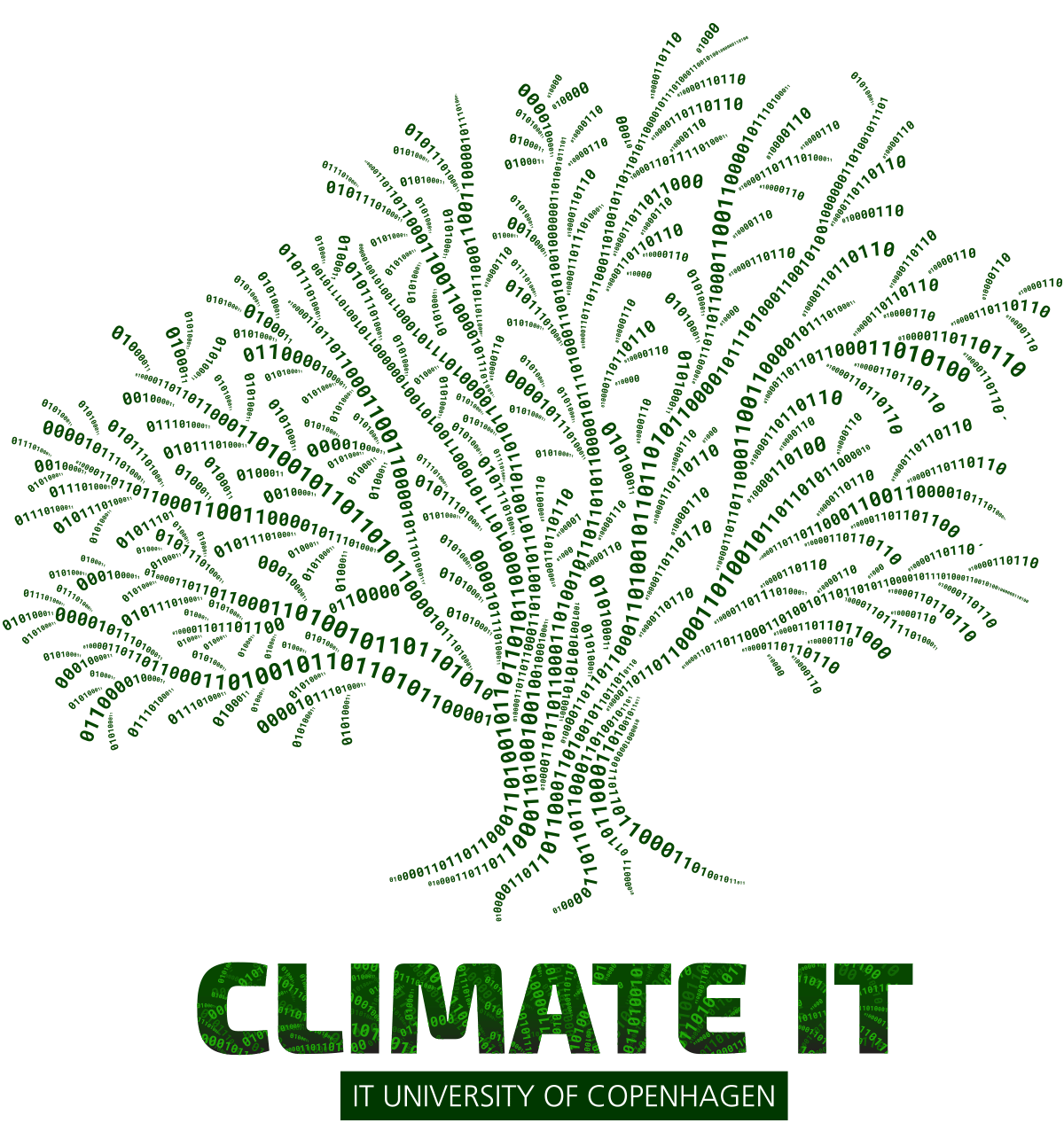Podcast: When the Citizen Assembly on the climate area met four politicians online
The Citizen Assembly on the climate area was promoted as a digital meeting room in which a representative sample of the Danish population would have a say in the Danish Government’s political climate strategies. In Center for Digital Welfare, Associate Professor, Irina Papazu, reflects on the outcome.
Business IT DepartmentResearchClimate IT
Written 9 November, 2021 13:19 by Jari Kickbusch
In a new episode of Center for Digital Welfare’s podcast series, host Anders Kjærulff focuses on technologies and the climate. He talks to Associate Professor at the IT University of Copenhagen, Irina Papazu, who has studied the work of the Citizen Assembly on the climate area, which, according to The Danish Ministry of Climate, Energy and Utilities, is established to ensure that the voices of the citizenry is heard in Danish climate policy making.
Due to COVID-19 restrictions, the Assembly’s 80 members had to meet online in what the ministry calls a digital meeting room. According to Irina Papazu, the lack of physical presence impacted on the Assembly’s work because the members could work from the comfort of their homes while walking around in their pajamas. For example, she remembers a time when an online meeting was disturbed by a toilet flush.
The outcome of the citizen Assembly’s work, a report consisting of 119 recommendations for the politicians, did not receive the expected attention when presented at an online meeting in April 2021, though physical meetings were permitted at the time.
- I think Dan Jørgensen (the Minister of Climate and Energy and Public Utilities) and three representatives were the only politicians at the meeting. That alone was a major disappointment for the members of the Citizen Asembly who had prepared to present the recommendations as professionally and clear as possible, Irina Papazu tells in the podcast.
When asked if the recommendations will have any impact on Danish climate policy, Irina Papazu is skeptical:
- Now as well as previously, the approach from politicians has been a bit like; now, that the citizens know as much as we do, surely, we can all agree that nothing can be done. That’s how it was received. To some extent, it was unsuccessful, I would say.
The podcast also features, Associate Professor at Aalborg University, Theresa Scavenius, who talks about her studies in climate strategies. She worries that politicians and administrators lack sufficient power to tackle the climate challenges.
In the last section of the podcast, Balder Bach, from the organization FAIR Denmark, talks about his organization’s work to ensure that outdated IT equipment from Denmark is sent to the African country, Malawi.
Find the podcast on
Soundcloud 